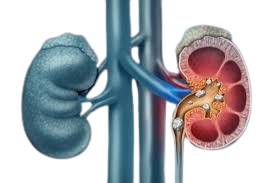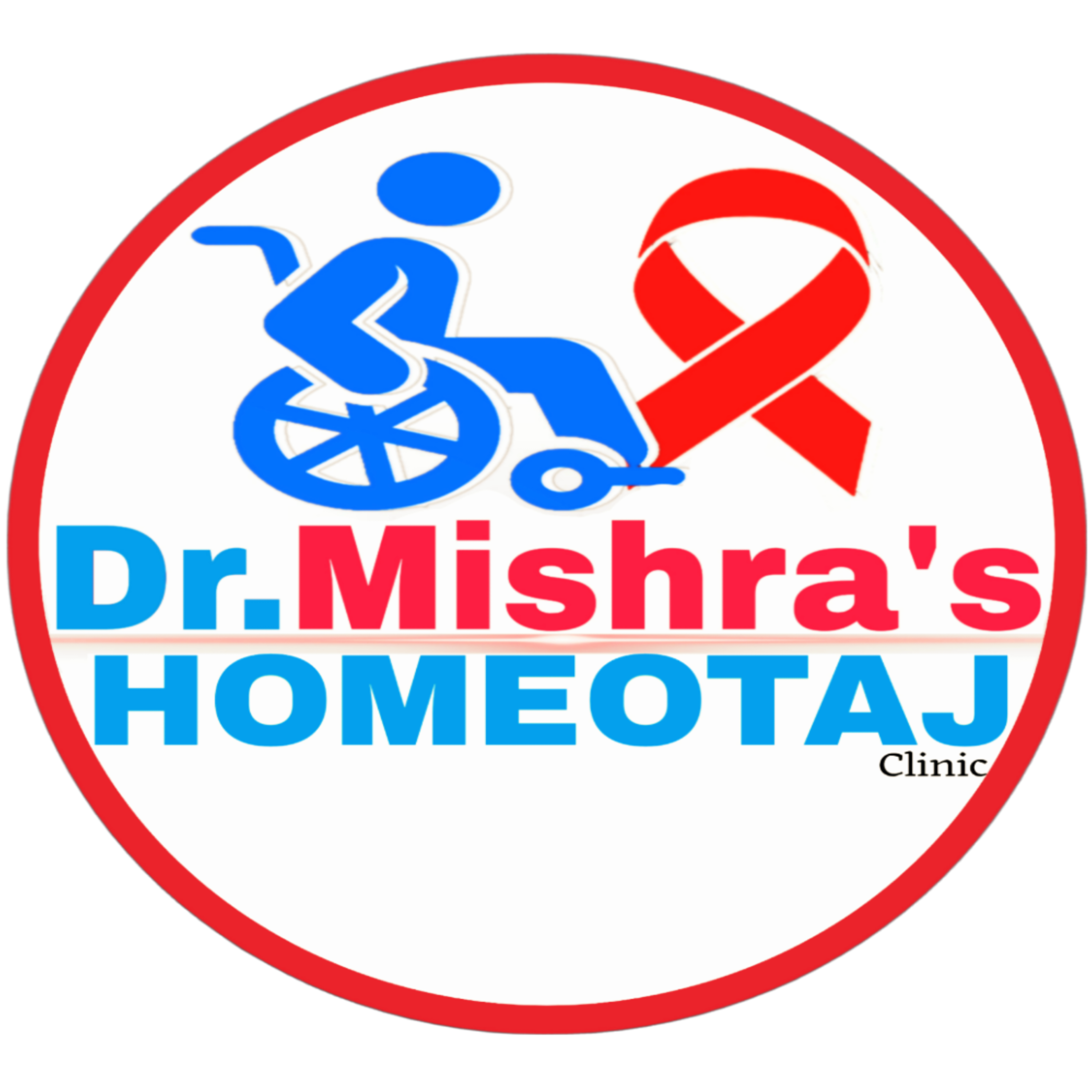Renal/Kidney stones

Renal/Kidney stones
Kidney stones, also known as 'renal calculus' or'nephrolithiasis' in medical terms, are a common problem that affects millions of people. It is a hard, crystalline substance that forms in the kidneys or urinary tract. The urinary tract includes the kidneys, ureters, bladder, and urethra.
How kidney stones form
The kidneys act as filters in our body. They clean the blood and excrete wastes and excess fluids in the form of urine. When there are too many certain minerals (such as calcium, oxalate, uric acid) and salts in the urine and not enough fluid, they combine to form small crystals. These crystals gradually grow and take the form of stones.
How kidney stones form
The kidneys act as filters in our body. They clean the blood and excrete wastes and excess fluids in the form of urine. When there are too many certain minerals (such as calcium, oxalate, uric acid) and salts in the urine and not enough fluid, they combine to form small crystals. These crystals gradually grow and take the form of stones.
Symptoms :
* Intense Pain: One of the most common and prominent symptoms is severe, sharp pain in the side, back, or below the ribs. This pain can radiate to the lower abdomen and groin. The pain often comes in waves and may fluctuate in intensity.
* Painful Urination: A burning sensation or pain while urinating.
* Blood in Urine: Urine may appear pink, red, or brown due to the presence of blood.
* Cloudy or Foul-smelling Urine: A sign of a potential urinary tract infection, which can be associated with kidney stones.
* Nausea and Vomiting: Often accompany the intense pain.
* Frequent Urination: A persistent need to urinate, often in small amounts.
* Fever and Chills: May indicate an infection.
Causes :
Dehydration: Not drinking enough water is a major risk factor. When urine is concentrated, minerals and salts can crystallize and form stones.
Diet: A diet high in salt, protein, and sugar can increase the risk of stone formation. Foods rich in oxalates, such as spinach, nuts, and chocolate, can also contribute to stones, especially in those prone to them.
Obesity: Being overweight or obese is linked to a higher risk.
Medical Conditions: Certain medical conditions like hyperparathyroidism, renal tubular acidosis, and repeated urinary tract infections can increase the likelihood of stones.
Genetics: A family history of kidney stones can increase your risk.
* Intense Pain: One of the most common and prominent symptoms is severe, sharp pain in the side, back, or below the ribs. This pain can radiate to the lower abdomen and groin. The pain often comes in waves and may fluctuate in intensity.
* Painful Urination: A burning sensation or pain while urinating.
* Blood in Urine: Urine may appear pink, red, or brown due to the presence of blood.
* Cloudy or Foul-smelling Urine: A sign of a potential urinary tract infection, which can be associated with kidney stones.
* Nausea and Vomiting: Often accompany the intense pain.
* Frequent Urination: A persistent need to urinate, often in small amounts.
* Fever and Chills: May indicate an infection.
Causes :
Dehydration: Not drinking enough water is a major risk factor. When urine is concentrated, minerals and salts can crystallize and form stones.
Diet: A diet high in salt, protein, and sugar can increase the risk of stone formation. Foods rich in oxalates, such as spinach, nuts, and chocolate, can also contribute to stones, especially in those prone to them.
Obesity: Being overweight or obese is linked to a higher risk.
Medical Conditions: Certain medical conditions like hyperparathyroidism, renal tubular acidosis, and repeated urinary tract infections can increase the likelihood of stones.
Genetics: A family history of kidney stones can increase your risk.
गुर्दे की पथरी
गुर्दे की पथरी, जिसे मेडिकल भाषा में 'रीनल कैलकुलस' या 'नेफ्रोलिथियासिस' भी कहते हैं, एक आम समस्या है जो लाखों लोगों को प्रभावित करती है। यह एक कठोर, क्रिस्टलीय पदार्थ है जो गुर्दे या मूत्र पथ (यूरीनरी ट्रैक्ट) में बनता है। मूत्र पथ में गुर्दे, मूत्रवाहिनी (ureters), मूत्राशय (bladder), और मूत्रमार्ग (urethra) शामिल होते हैं।
गुर्दे की पथरी कैसे बनती है
गुर्दे हमारे शरीर में फिल्टर का काम करते हैं। वे खून को साफ करके अपशिष्ट पदार्थों और अतिरिक्त तरल पदार्थों को पेशाब के रूप में बाहर निकालते हैं। जब पेशाब में कुछ खास खनिज (जैसे कैल्शियम, ऑक्सालेट, यूरिक एसिड) और लवण बहुत ज्यादा मात्रा में होते हैं और पर्याप्त मात्रा में तरल पदार्थ नहीं होता, तो वे एक साथ मिलकर छोटे-छोटे क्रिस्टल बना लेते हैं। ये क्रिस्टल धीरे-धीरे बड़े होकर पथरी का रूप ले लेते हैं।
लक्षण:-
* तेज दर्द: सबसे आम और महत्वपूर्ण लक्षण पीठ, पेट के किनारे या पसलियों के नीचे तेज और असहनीय दर्द है। यह दर्द पेट के निचले हिस्से और जांघों तक भी जा सकता है। दर्द अक्सर लहरों में आता है और इसकी तीव्रता घट-बढ़ सकती है।
* पेशाब में दर्द: पेशाब करते समय जलन या दर्द होना।
* पेशाब में खून: पेशाब में खून आने के कारण पेशाब का रंग गुलाबी, लाल या भूरा हो सकता है।
* गंदा या बदबूदार पेशाब: यह मूत्र पथ के संक्रमण का संकेत हो सकता है, जो गुर्दे की पथरी से संबंधित हो सकता है।
* मतली और उल्टी: अक्सर तेज दर्द के साथ होती हैं।
* बार-बार पेशाब आना: बार-बार पेशाब करने की तीव्र इच्छा, लेकिन पेशाब की मात्रा कम होना।
* बुखार और ठंड लगना: यह संक्रमण का संकेत हो सकता है।
कारण
निर्जलीकरण (Dehydration): पर्याप्त पानी न पीना एक प्रमुख कारण है। जब पेशाब गाढ़ा होता है, तो खनिज और नमक क्रिस्टल बन सकते हैं और पथरी का रूप ले सकते हैं।
आहार (Diet): अधिक नमक, प्रोटीन और चीनी वाला आहार पथरी बनने का खतरा बढ़ा सकता है। पालक, नट्स और चॉकलेट जैसे ऑक्सालेट से भरपूर खाद्य पदार्थ भी पथरी का कारण बन सकते हैं।
मोटापा (Obesity): अधिक वजन या मोटापा होना पथरी के खतरे को बढ़ाता है।
कुछ चिकित्सीय स्थितियाँ: हाइपरपरथायरायडिज्म, रीनल ट्यूबलर एसिडोसिस और बार-बार होने वाले मूत्र पथ के संक्रमण जैसी कुछ बीमारियां पथरी की संभावना बढ़ा सकती हैं।
आनुवंशिकी (Genetics): अगर आपके परिवार में किसी को गुर्दे की पथरी हुई है, तो आपको भी इसका खतरा हो सकता है।
गुर्दे की पथरी, जिसे मेडिकल भाषा में 'रीनल कैलकुलस' या 'नेफ्रोलिथियासिस' भी कहते हैं, एक आम समस्या है जो लाखों लोगों को प्रभावित करती है। यह एक कठोर, क्रिस्टलीय पदार्थ है जो गुर्दे या मूत्र पथ (यूरीनरी ट्रैक्ट) में बनता है। मूत्र पथ में गुर्दे, मूत्रवाहिनी (ureters), मूत्राशय (bladder), और मूत्रमार्ग (urethra) शामिल होते हैं।
गुर्दे की पथरी कैसे बनती है
गुर्दे हमारे शरीर में फिल्टर का काम करते हैं। वे खून को साफ करके अपशिष्ट पदार्थों और अतिरिक्त तरल पदार्थों को पेशाब के रूप में बाहर निकालते हैं। जब पेशाब में कुछ खास खनिज (जैसे कैल्शियम, ऑक्सालेट, यूरिक एसिड) और लवण बहुत ज्यादा मात्रा में होते हैं और पर्याप्त मात्रा में तरल पदार्थ नहीं होता, तो वे एक साथ मिलकर छोटे-छोटे क्रिस्टल बना लेते हैं। ये क्रिस्टल धीरे-धीरे बड़े होकर पथरी का रूप ले लेते हैं।
लक्षण:-
* तेज दर्द: सबसे आम और महत्वपूर्ण लक्षण पीठ, पेट के किनारे या पसलियों के नीचे तेज और असहनीय दर्द है। यह दर्द पेट के निचले हिस्से और जांघों तक भी जा सकता है। दर्द अक्सर लहरों में आता है और इसकी तीव्रता घट-बढ़ सकती है।
* पेशाब में दर्द: पेशाब करते समय जलन या दर्द होना।
* पेशाब में खून: पेशाब में खून आने के कारण पेशाब का रंग गुलाबी, लाल या भूरा हो सकता है।
* गंदा या बदबूदार पेशाब: यह मूत्र पथ के संक्रमण का संकेत हो सकता है, जो गुर्दे की पथरी से संबंधित हो सकता है।
* मतली और उल्टी: अक्सर तेज दर्द के साथ होती हैं।
* बार-बार पेशाब आना: बार-बार पेशाब करने की तीव्र इच्छा, लेकिन पेशाब की मात्रा कम होना।
* बुखार और ठंड लगना: यह संक्रमण का संकेत हो सकता है।
कारण
निर्जलीकरण (Dehydration): पर्याप्त पानी न पीना एक प्रमुख कारण है। जब पेशाब गाढ़ा होता है, तो खनिज और नमक क्रिस्टल बन सकते हैं और पथरी का रूप ले सकते हैं।
आहार (Diet): अधिक नमक, प्रोटीन और चीनी वाला आहार पथरी बनने का खतरा बढ़ा सकता है। पालक, नट्स और चॉकलेट जैसे ऑक्सालेट से भरपूर खाद्य पदार्थ भी पथरी का कारण बन सकते हैं।
मोटापा (Obesity): अधिक वजन या मोटापा होना पथरी के खतरे को बढ़ाता है।
कुछ चिकित्सीय स्थितियाँ: हाइपरपरथायरायडिज्म, रीनल ट्यूबलर एसिडोसिस और बार-बार होने वाले मूत्र पथ के संक्रमण जैसी कुछ बीमारियां पथरी की संभावना बढ़ा सकती हैं।
आनुवंशिकी (Genetics): अगर आपके परिवार में किसी को गुर्दे की पथरी हुई है, तो आपको भी इसका खतरा हो सकता है।

